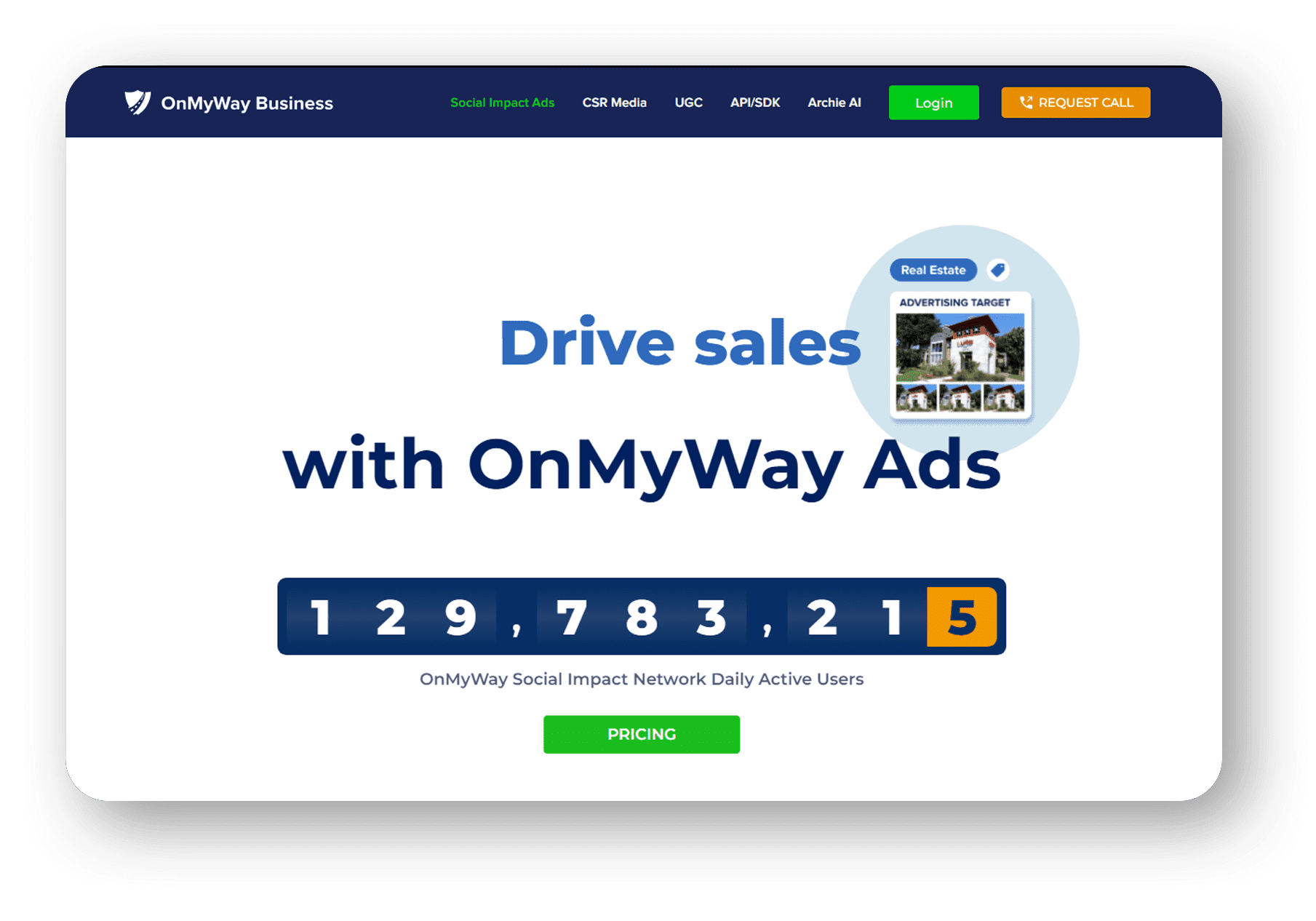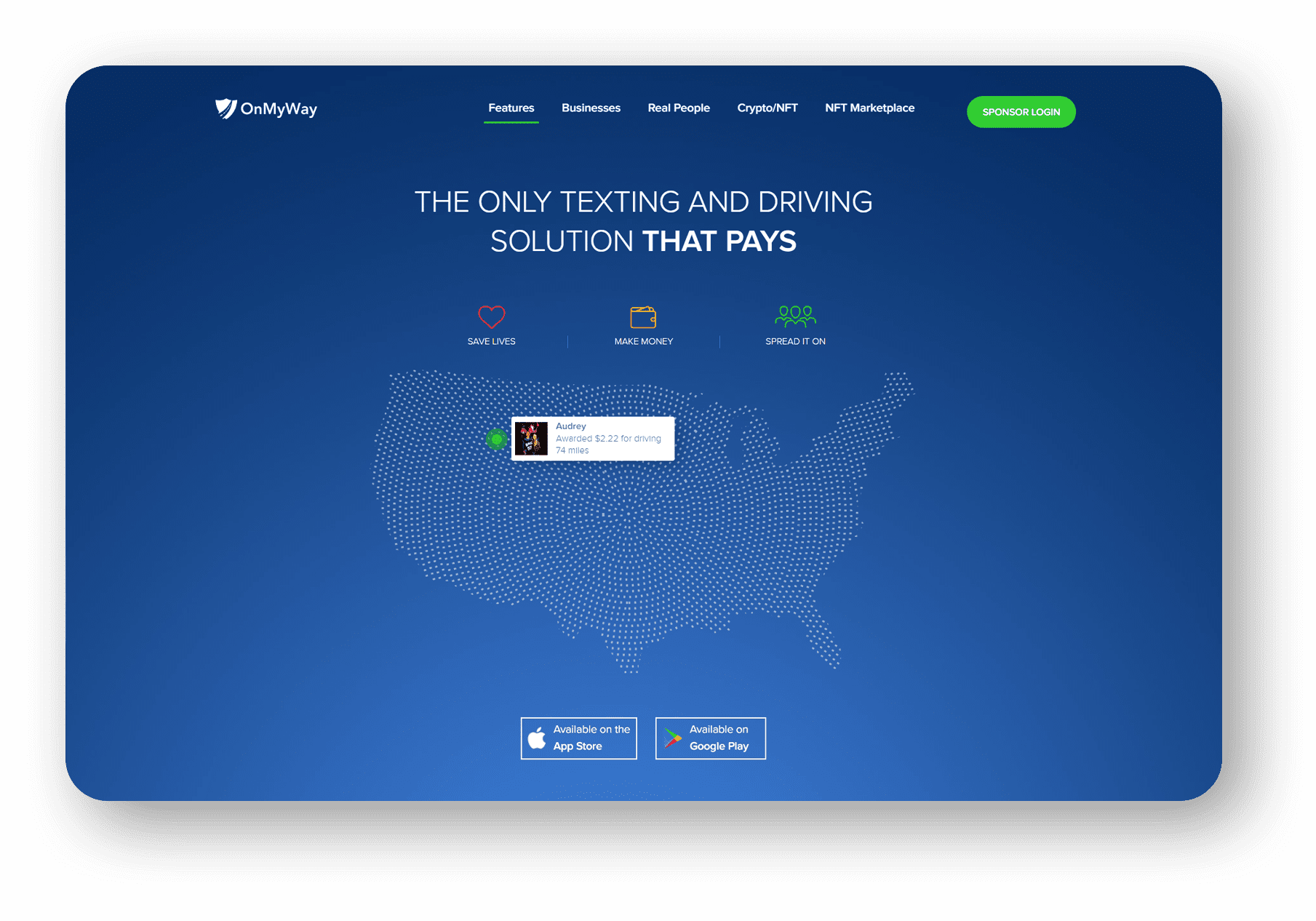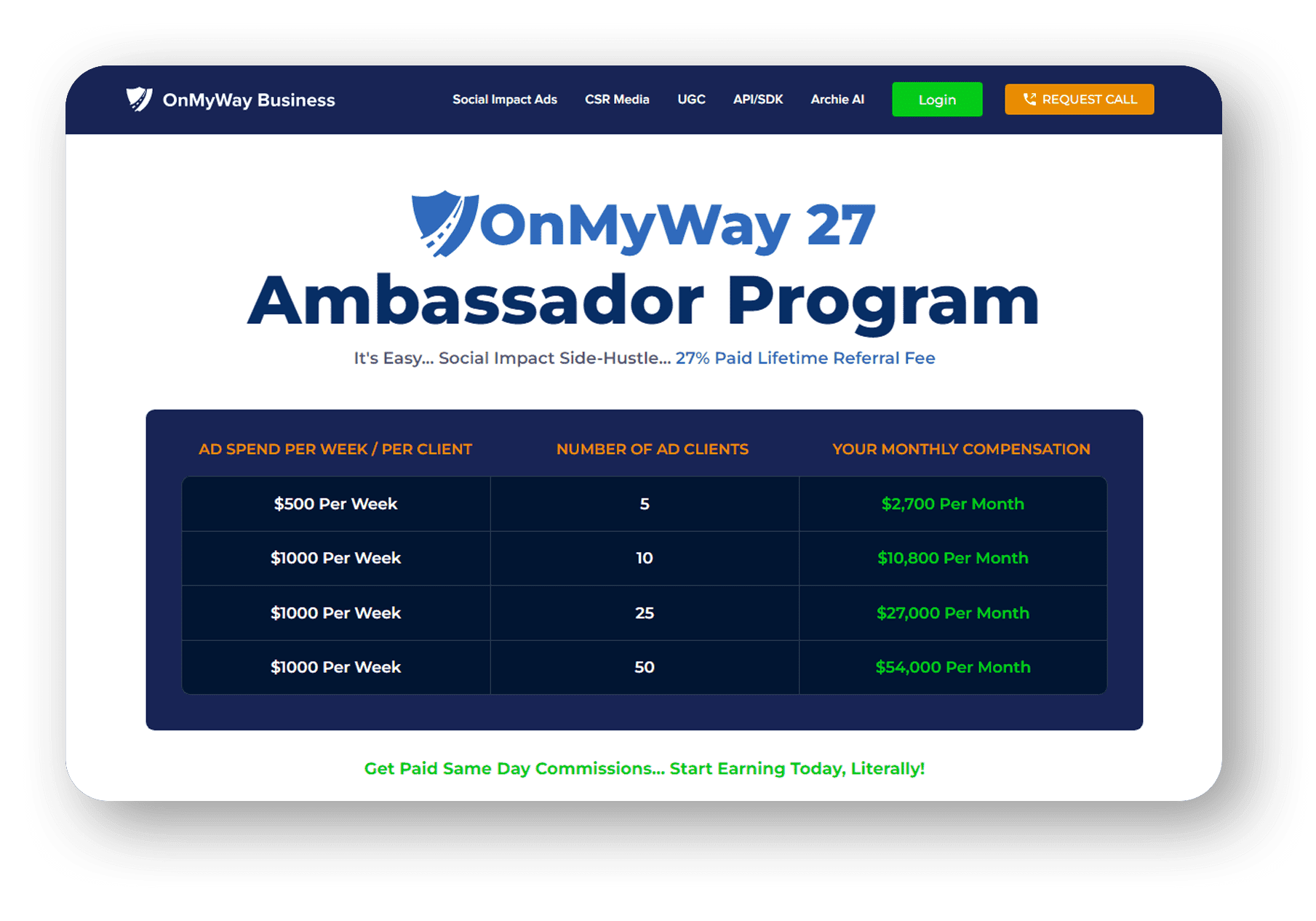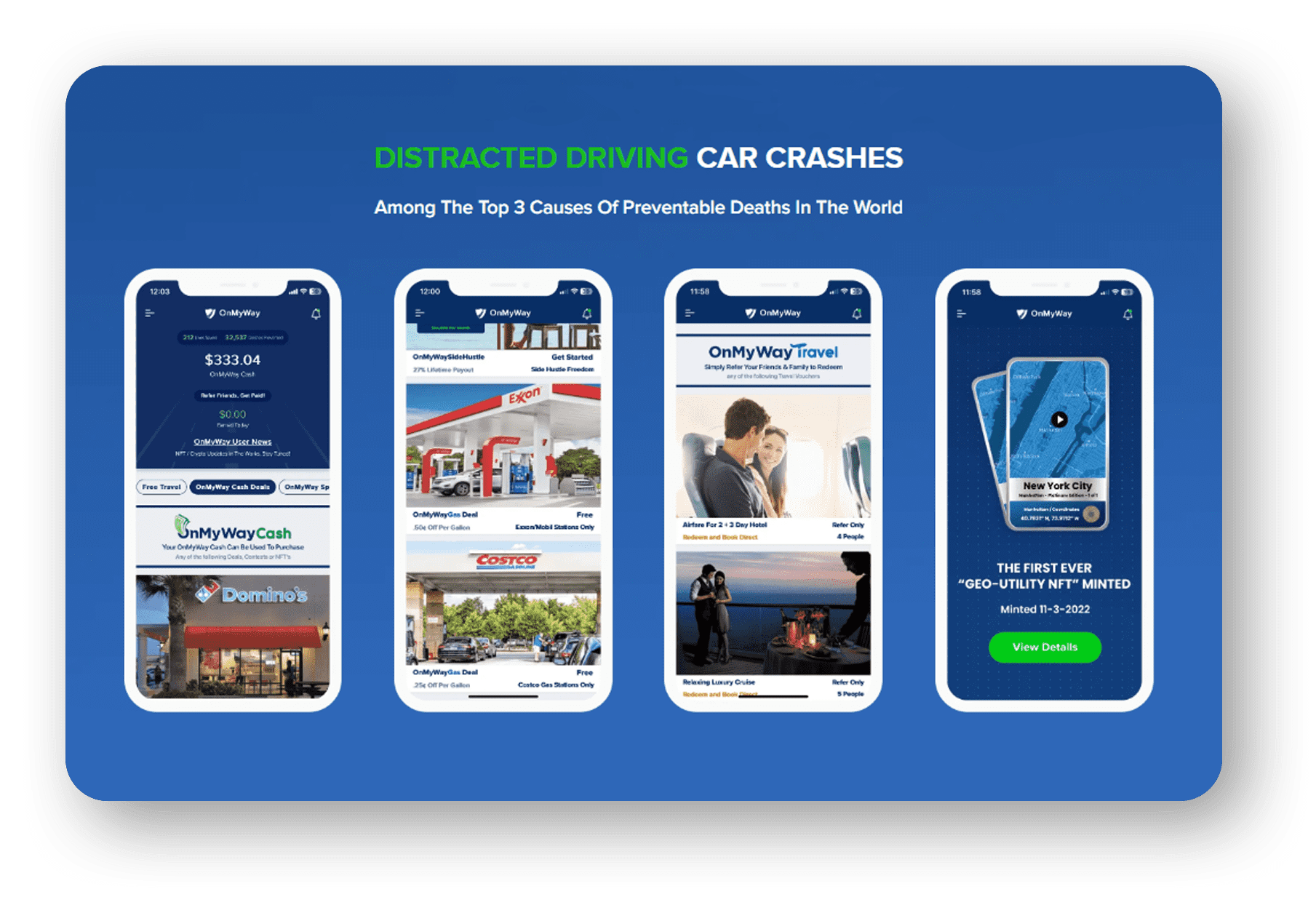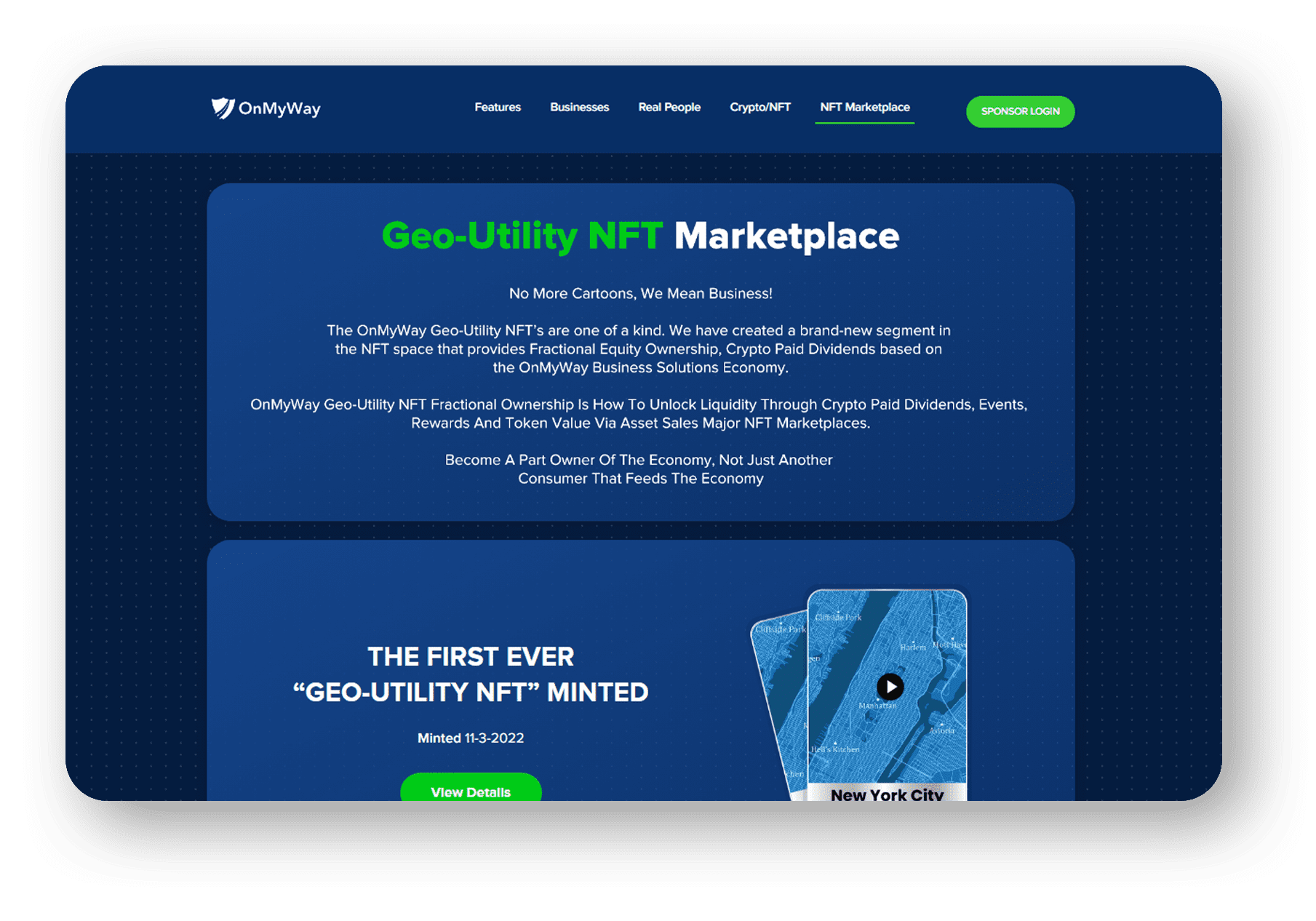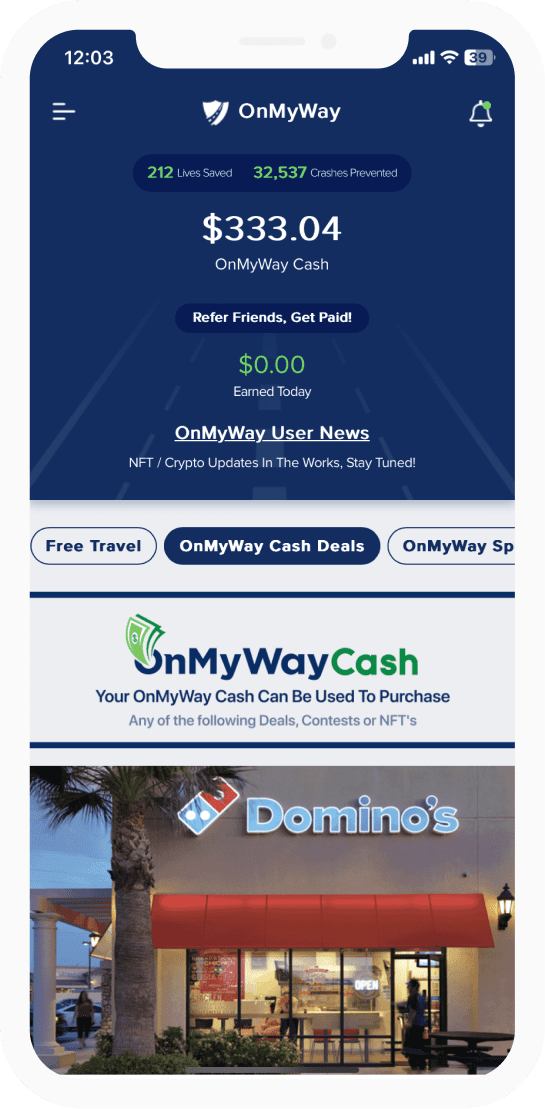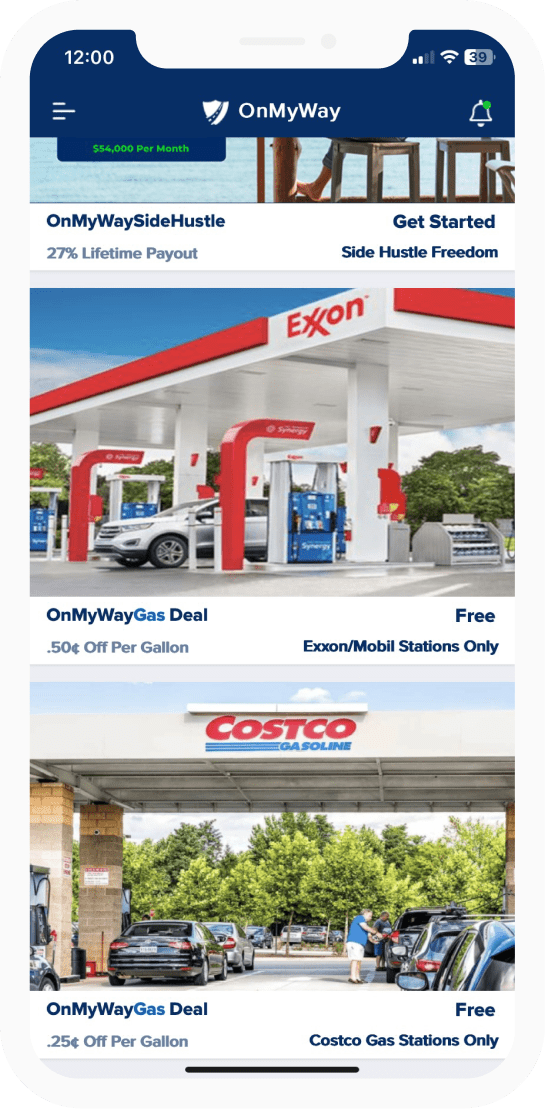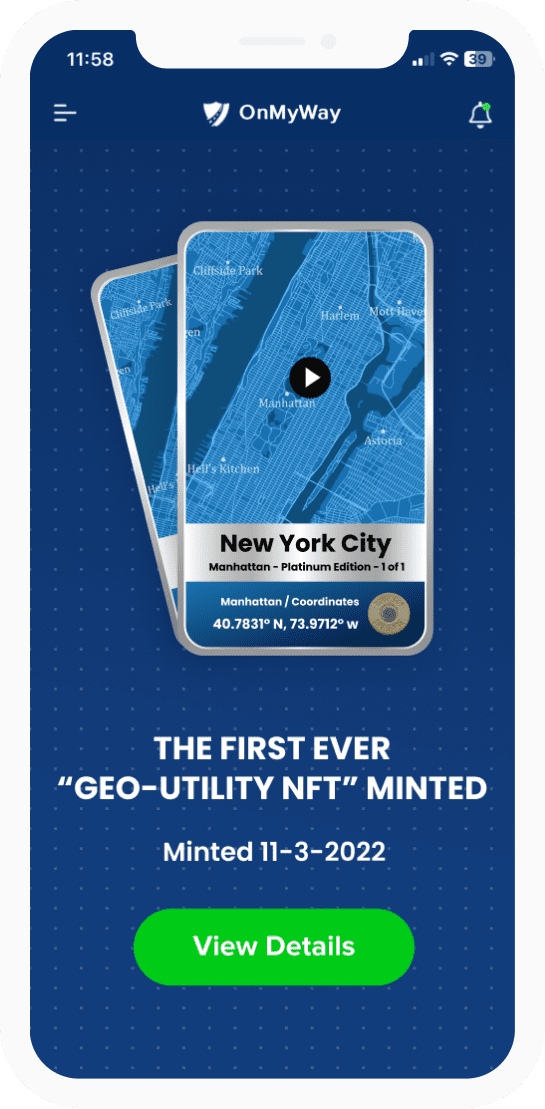
Google has been a leader in developing advanced artificial intelligence and machine learning models way before the generative AI craze began.
However, the company’s generative AI efforts have paled in comparison to those of competitors, such as OpenAI and Microsoft, who are currently dominating the space with ChatGPT and Bing Chat. Even Google’s direct answer to those services, Google Bard, has been underwhelming and fallen short of expectations.
The $1,799 Pixel Fold marks Google’s first entry into the foldable scene, featuring a 5.8-inch OLED outer screen that unfurls to reveal a larger 7.6-inch display that also is an OLED panel with a 120Hz refresh rate. There’s also the new 11-inch Pixel Tablet that’s priced at $499. The device functions as both your typical tablet and a smart display thanks to the included magnetic charging dock that doubles as a speaker.
Lastly, Google updated its midrange A-series lineup with the addition of the Pixel 7A. Just like the Pixel Fold and Pixel Tablet, the device features Google’s Tensor G2 chip, along with a 6.1-inch 1080p display that can run up to 90Hz. The base version of the phone costs $499, but some carriers will have a pricier $549 option that supports millimeter wave (mmWave).
Google Search is getting a major update in the form of something called AI snapshots. Once you opt in to a new feature named Search Generative Experience (SGE), you’ll start seeing AI-powered answers at the very top of your search results for some queries, which can provide more context to your search. You can then narrow down the information in the snapshot with follow-up questions.
These AI snapshots are powered by the updated version of Google’s large language model (LLM) called PaLM 2, something that Google also announced at I/O. The new model is already powering 25 Google services, including the company’s Bard chatbot, and comes with improvements in reasoning, coding, and translation.
AI is definitely the biggest trend in tech right now, gaining increased momentum when companies like OpenAI introduced consumer-facing applications like ChatGPT last Fall. Google rival Microsoft has a multi-billion dollar investment in OpenAI and has already begun integrating the technology into its Bing search engine including adding new features last week.
Google was reportedly caught flat-footed by ChatGPT’s release to the masses, triggering a ‘code red’ to accelerate AI development.
Google has shown AI-related features at prior I/O events, but always as interesting perks like Live Transcription glasses or as future-looking projects like its Starline conversational video chatbot. The Google I/O 2023 keynote, however, felt like a significant pivot to putting AI front and center — and Google flexing its muscles to show that it hasn’t fallen behind in the race.
Google became the latest tech company to unveil a foldable smartphone. Like other foldables, the $1799 Pixel Fold features a vertical hinge that can be opened to reveal a tablet-like display. But Google calls the Fold the thinnest foldable on the market.
“It took some clever engineering work redesigning components like our speakers, our battery and haptics,” said George Hwang, a product manager at Google, on a call ahead of the announcement. The company packed a Pixel phone into a less than 6 mm body – about two thirds of the thickness of its other Pixel phones.
The Pixel Fold is very much a phone first: when it’s unfolded, it opens up into a 7.6-inch screen, and moves on Google’s custom-built 180-degree hinge. That hinge mechanism is moved out entirely from under the display to improve its dust resistance and decrease the device’s overall thickness, according to the company.
The Google Fold includes features you’d find on a Pixel, such as long exposure, unblur, magic eraser, which lets users remove unwanted or distracting object. It also has Pixel Fold-specific tools such as dual-screen live translate, which lets a user communicate in another language with the help of fast audio and text translations on the outer screen.
Google said it optimized its top apps to take advantage of the larger screen but “there’s still work to be done” because “optimizing for a new foldable form factor takes time,” Hwang said. “It’s a process that we’re committed to and it requires steep investment with our developer partners across Android,” Hwang added.
Google is far from the first to embrace foldables, but it’s possible it waited to launch its own version until the technology became more advanced. Early versions of the Samsung Galaxy Z Fold, for example, had issues with the screen and most apps were not well optimized for the design.
But even now, the future for foldables remains uncertain. Most apps are still not optimized for foldable devices; prices remain very high; and Google’s chief rival, Apple, has yet to embrace the option.
Despite great consumer interest in foldable phones — and a resurgence in 90s-style flip phones among celebrities and TikTok influencers — the foldable market is relatively small, with Samsung dominating the category, followed by others including Motorola, Lenovo, Oppo, and Huawei. According to ABI Research, foldable and flexible displays made up about 0.7% of the smartphone market in 2021, and in 2022 expected to fall just shy of 2%.
The Pixel Fold will be available in the US, UK, Germany and Japan. The company said the device will start shipping next month.
On the surface, the 7a looks similar to the Pixel 7 and 7 Pro, with the same pixel camera bar along the back. It comes with the typical advancements you’d expect to find with any smartphone upgrade – better display, advanced camera and longer-lasting battery. But the 7a now boasts a Tensor G2 processor and a TItan M2 security chip, which brings advanced processing and new artificial intelligence features. It also offers wireless charging for the first time on an A model.
The Pixel lineup has long been known for its cameras, and the 7a is no exception. It’s packed with upgrades, including a 64-megapixel main camera – the largest sensor on a Pixel A series to date, which will help with improved image quality, low light performance and other features. It also offers a new 13-megapixel ultra-wide camera for capturing even wider shots and a new 13-megapixel front camera. For the first time, each camera enables 4K video.
The 7a also supports many significant Pixel features, including unblur, magic eraser and an improved Night Sight that’s two times faster and sharper than its predecessor. It also allows users to capture long exposure and enhanced zoom.
The Pixel comes in several colors, including charcoal, snow, sea and coral, and starts at $499 via the Google Store on May 10.
The Pixel Series A line has long been aimed at the cost conscious who want good features at a reasonable price, but its reach is limited. Google sells between eight to 10 million of the Pixel devices each year, according to ABI Research.
OVERVIEW
OnMyWay Is The #1 Distracted Driving Mobile App In The Nation!
OnMyWay, based in Charleston, SC, The Only Mobile App That Pays its Users Not to Text and Drive.
The #1 cause of death among young adults ages 16-27 is Car Accidents, with the majority related to Distracted Driving.
OnMyWay’s mission is to reverse this epidemic through positive rewards. Users get paid for every mile they do not text and drive and can refer their friends to get compensated for them as well.
The money earned can then be used for Cash Cards, Gift Cards, Travel Deals and Much, Much More….
The company also makes it a point to let users know that OnMyWay does NOT sell users data and only tracks them for purposes of providing a better experience while using the app.
The OnMyWay app is free to download and is currently available on both the App Store for iPhones and Google Play for Android @ OnMyWay; Drive Safe, Get Paid.
Download App Now – https://r.onmyway.com
Sponsors and advertisers can contact the company directly through their website @ www.onmyway.com



